Biofeed Separator food waste management technology
Sustainability Matters
AUGUST 2, 2022
The Biofeed Separator is an innovative, scalable and proven food waste management technology that sustainably closes the loop on all types of food waste. The self-contained, organic food waste management unit is designed to convert solid food waste into a liquid using Biofeed’s patented maceration and separation process.


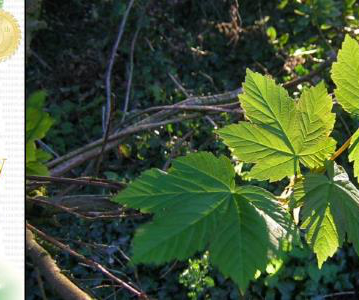





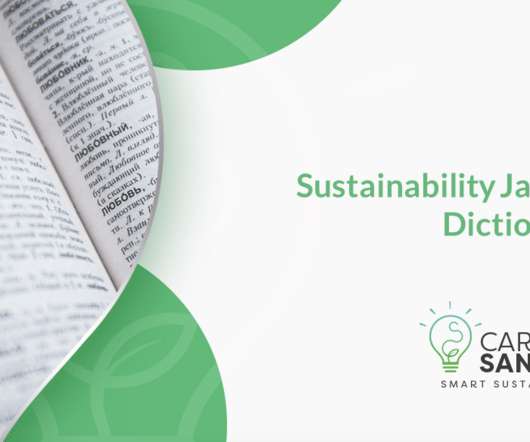
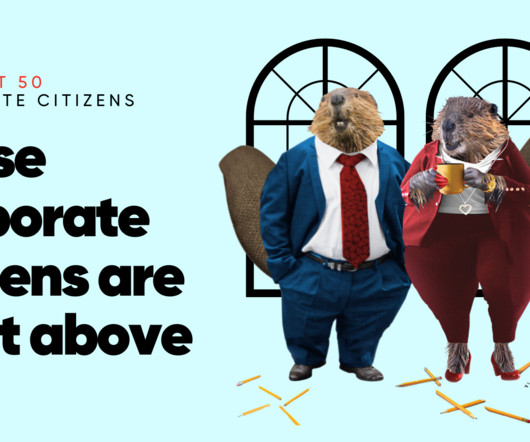
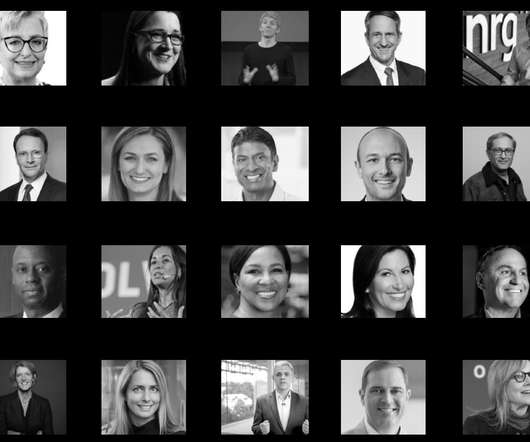
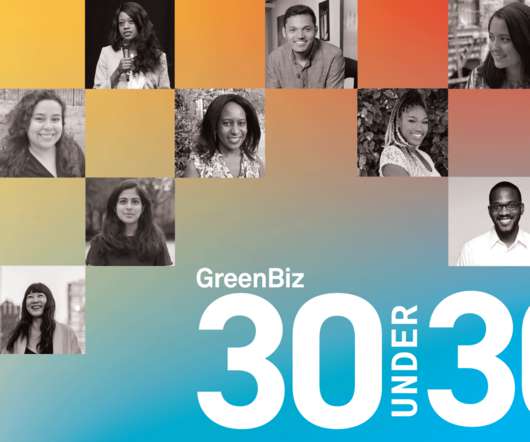






Let's personalize your content